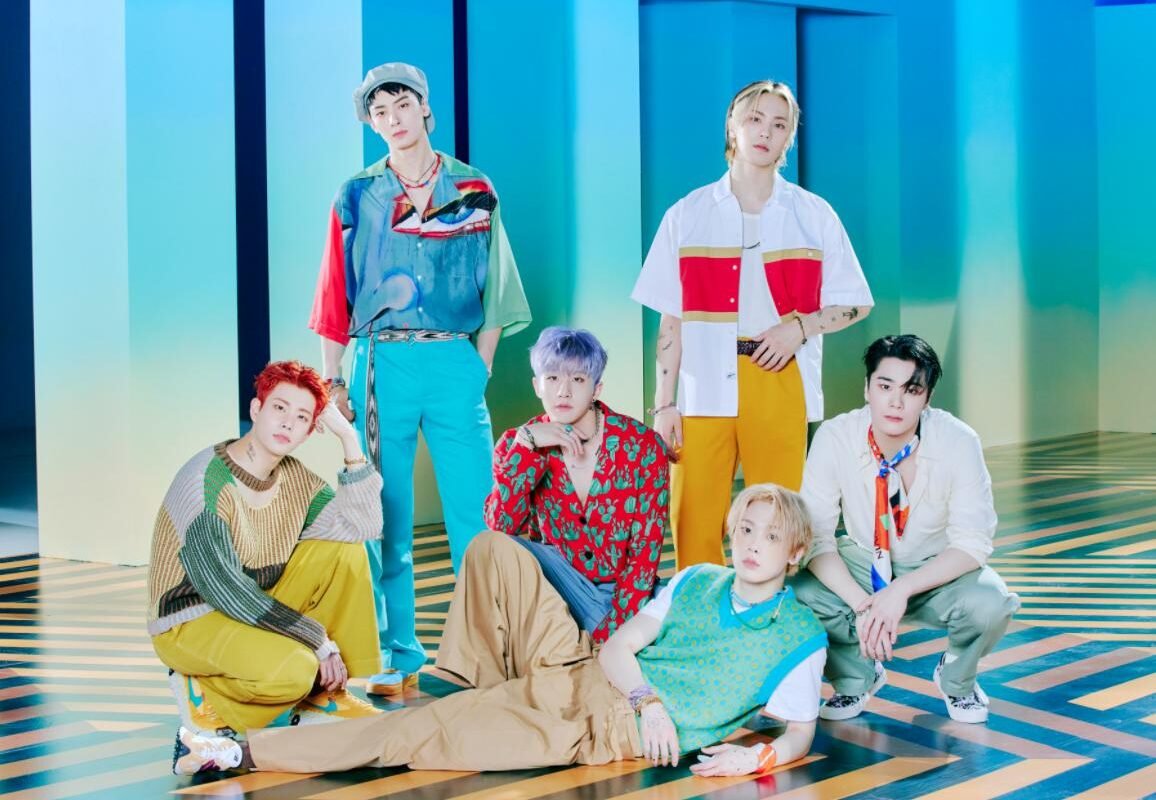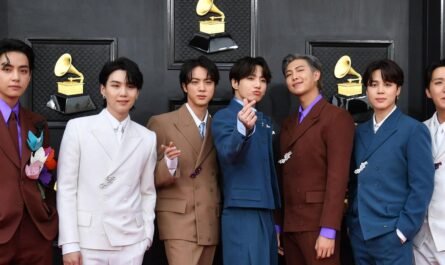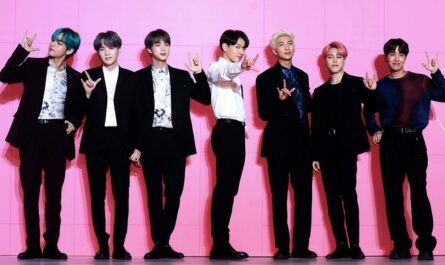Taekwondo is one of the most popular sports at the 2020 Tokyo Olympics. Since we are the master country of Taekwondo, of course, we expect to win medals. However, gold medals were taken from various countries such as Croatia, Serbia, Italy, Turkey, and China in this tournament, but Korea returned without a gold medal. Some people think it’s a shame, but others think it’s positive. It is now that Taekwondo has achieved true globalization. In the meantime, there have been arguments that medals should be expelled from the Olympics because of the excessive crowding in Korea.
In a similar but different story, consider K-pop in the world. It is a K-pop that has grown through ups and downs over the past 25 years. In particular, the recent years have been terrifying. BTS has also climbed to the top of the world’s mainstream pop market. Perhaps aware of this, the MTV Video Music Awards (VMA) newly established the ‘K-Pop Category’ from 2019 and will be awarded for the third year in September this year. Since then, the ‘K-Pop section’ has been the subject of controversy. The interpretation that K-pop has grown so much that it has to be dealt with separately and the opinion that it is discriminatory to isolate K-pop artists from mainstream pop conflicted. By analogy, K-Pop athletes who participated in the Olympics were separated and held a separate competition. In this case, should K-pop be interpreted as an event recognized as such, or should it be regarded as being ‘excluded’ from the Olympics?
Taekwondo did not require a particular place or equipment was a significant factor in making Taekwondo a global sport. It is analyzed that this is why countries with minor medals such as Thailand, Tunisia, and Ivory Coast won awards in large numbers. In addition to this competition, Taekwondo has often functioned as an event to win the first medal in a country that has never had an award in the past. It’s a strange story, but there are similarities in K-pop. The overseas K-pop fandom has a high proportion of young people from low-income families, including immigrants. The feeling of being deprived of not going to an expensive concert is not too great if you don’t go to Korea anyway.
Moreover, K-pop is one of the most influential genres to enjoy ‘for free’ through YouTube. You can access it with just one smartphone, and it is suitable for leisure. So it’s even more fascinating.
Of course, this is just a story about the fandom base, and K-pop content is very capital-intensive. Like Taekwondo, it is not a command to imagine a scene where a ‘small country’ sweeps medals in the ‘World K-Pop Competition.’ However, when fandoms create unique fan content such as cover dance, many formats can be produced and shared without much capital. Therefore, it is true that it has formed a unique K-pop culture with high diffusion power.
At what point will we be able to diagnose that K-pop has achieved ‘real globalization’? If we refer to the case of Taekwondo in this Olympics, we think that it may not be the moment when the national pride felt through K-pop is at its peak. As the number of medals decreases and ranks lower, some people may feel ’embarrassed.’ Kukkiwon does not guide k-pop, so it may evolve into a form that deviates far from the conventional wisdom or aesthetic taste of Koreans. Whether or not to admit it is not for us to decide. It is such a thing to become a culture shared by the whole world and become the birthplace of such a culture.











